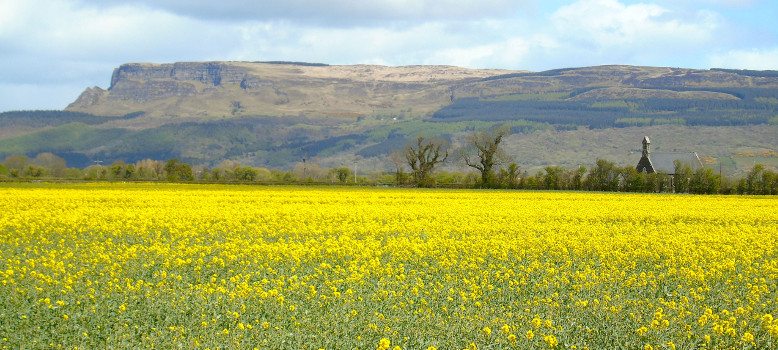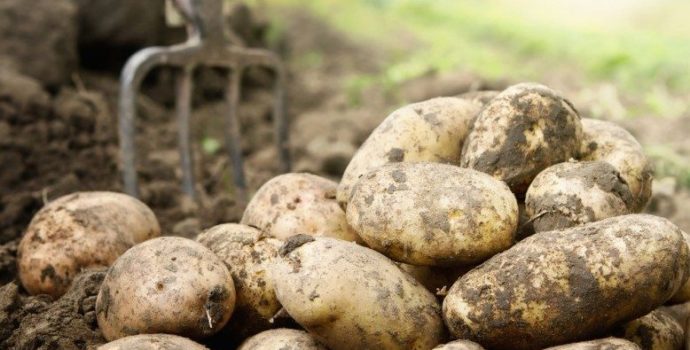Farmers Can Help Meet Renewables Targets but Support and Clear Planning Are Required – IFA

With policy clarity and support, farmers can help to deliver on Ireland’s renewable and climate targets, IFA President Joe Healy today has told a meeting of the Joint Oireachtas Committee on Communications, Climate Action and the Environment.
Joe Healy said biomass; the bio-economy; farm-scale and community based renewable projects; and afforestation all provide tangible ways in which farmers can support the delivery of Ireland’s renewable and climate targets.
“Ireland has a responsibility to act to address climate change, and within this context, agriculture has an important role to play – while respecting the need to safeguard food production,” Joe Healy said.
He pointed out that Irish farmers are playing their part but farming can do more and he renewed his call for climate activation programme for the sector to be put in place. He said funding for the programme could be diverted from Ireland’s potential compliance bill of up to €610 million for breaching 2020 renewable-energy and emissions targets.
The Climate Activation Programme proposed by IFA includes
- The re-opening of the Green Low Carbon Agri-Environment Scheme to reduce greenhouse gas emissions by an additional 65,000 tonnes each year;
- A defined farm-based and community electricity tariff for renewable projects, with a specific export tariff for roof mounted projects.
- The scaling up of on-farm emission reduction programmes, such as Smart Farming, Origin Green, and the Carbon Navigator.
- The development of a national network of producer organisations to support the mobilisation of the private forest resource.
As it currently stands, credits from carbon sinks are not attributed to agriculture in the calculation of CO2 emissions. Joe Healy said that reductions achieved through natural carbon sinks, such as forests and permanent pastures, must be included in the overall measurement of the contribution of the agriculture sector to emission reductions.
He said, to date the development of the bioenergy sector has been thwarted by the lack of supports to stimulate market development or a plan to give a strategic focus to the sector.
IFA has welcomed the Renewable Heat Support Scheme to be introduced this year, but Joe Healy said this must be properly funded and embedded in the local economy to create new revenue streams for farmers and valuable new job and business opportunities in rural areas.
Joe Healy said community renewable projects have been a goal of Government, since the White Paper was published in 2015. “Since then we have seen large developers, foreign equity funds pension funds and venture capital sign up large areas of Irish farm land. What we have not seen is clear Government policy to deliver on the ambition of community renewable projects.”
He said Ireland’s late mover status provides an opportunity to learn from others and develop a place in this industry for farmers, landowners and communities, He expressed concern at proposals to rely exclusively on an auction based pricing model and said that for community, roof-top and farmer led projects, IFA supports a feed-in tariff model as this give certainty and security of revenue, which is important for stand-alone, individually financed farmer-led projects.




